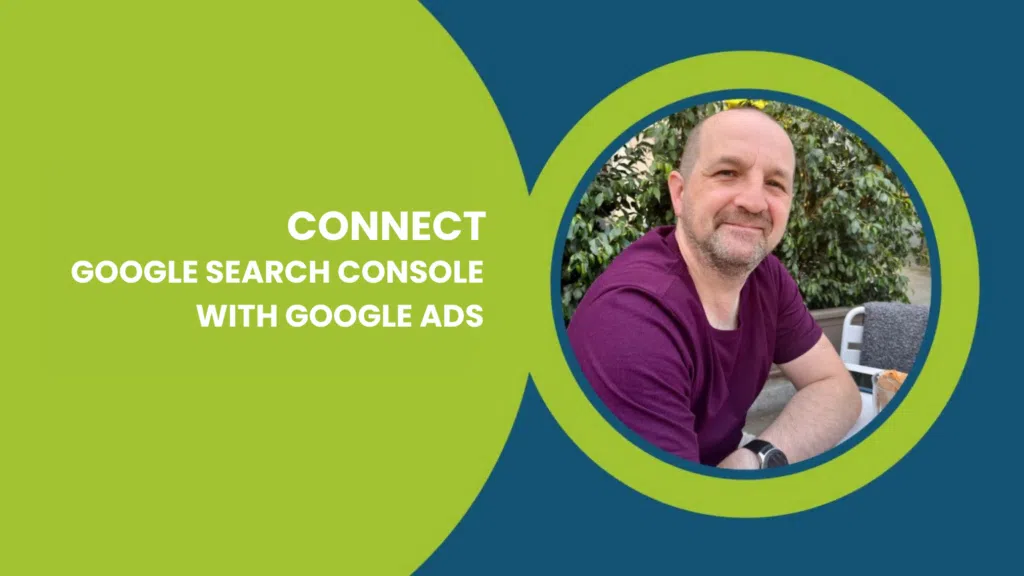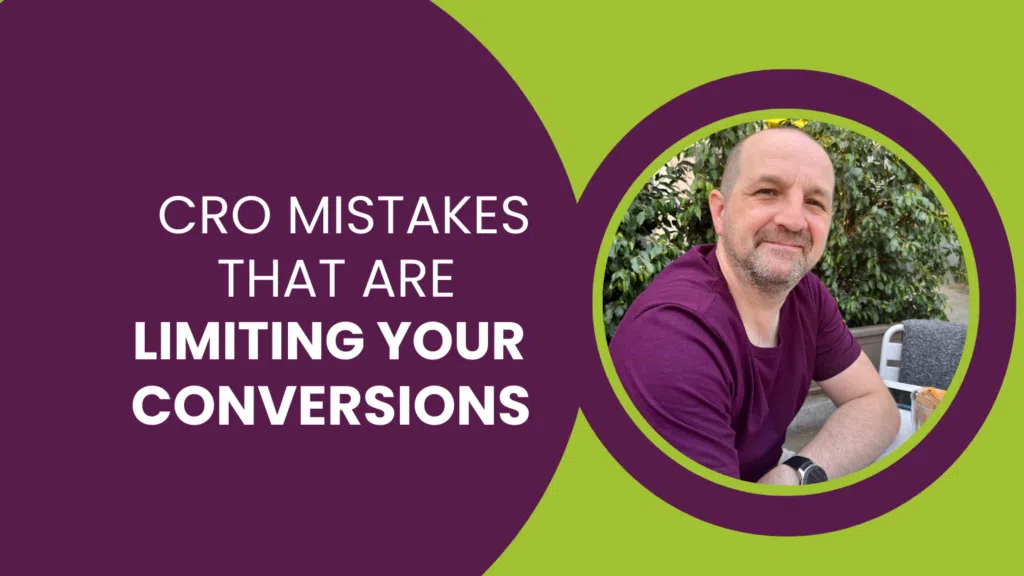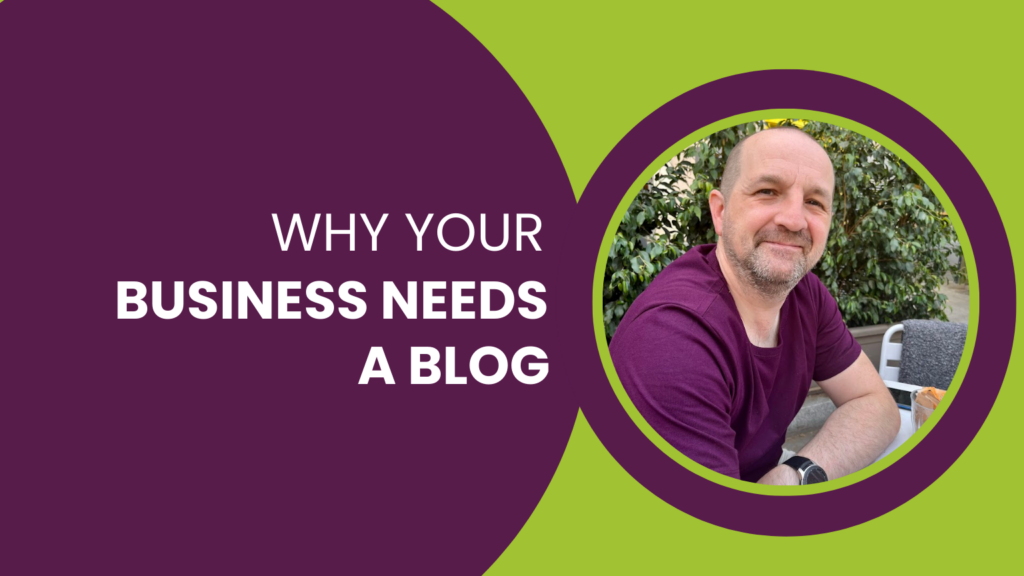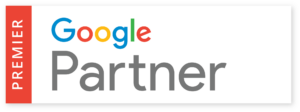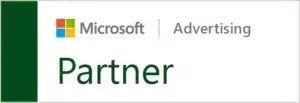LinkedIn Open Networking vs Discretionary Connecting
There is no correct answer to the question, “should I connect to everyone that asks on LinkedIn”.
LinkedIn’s own recommendation is that you should only connect with people that you know and trust, which is fine and most likely followed by most users. But you’ll notice some users with “LION” after their name.
What’s a LinkedIn LION?
LION stands for LinkedIn Open Networker, which indicates that this person connects openly with pretty much anyone who requests a connection with them. Why? Because they feel that by adding social connections, it increases their audience size, the reach for content they might be sharing and that it creates business opportunities.
This LinkedIn strategy works well for those that adopt it for genuine reasons, though I strongly suspect that there are those who adopt it to collect connections for “ego” value more than anything else, or worse still, to spam you with Direct Messages.
Newsflash: People don’t judge your credibility on the quantity of your LinkedIn connections. You’re more likely judged on the your profile and the quality of the connections you’ve made.
LinkedIn Connections – Quality vs Quantity
Using discretion to make or accept connections is the alternative to LION, essentially following LinkedIn’s recommendation to only connect with users that you know and trust.
Consider a situation where you’re talking to your biggest client who asks, “I see you’re connected to John Smith. I really need a guy with his skills for a major project we’re working on. What’s he like?”
“Err, um”. Now you’re in an awkward situation of either lying, smoothing things over and hoping for the best, or admitting that you only connected because you’ll connect with anyone.
That might be absolutely fine, but you also obviously connected with your client. How special do they feel right now?
LinkedIn Noise
Just a thought: If you connect with LIONs who are already connected to hundreds or thousands of other LinkedIn users, how are your messages going to get through amongst all that noise? You’ll probably have to go a little further than regular posts to your profile, but that’s a whole other blog post.
Which LinkedIn Strategies for Business are Right for You?
Either business strategy is perfectly legitimate and has pros and cons. Ironically, I had a whole discussion about it over on Google+ which revealed a lot of different opinions and strategies and advocates of both LION and discretionary connecting.
This post isn’t about judging one way or the other, just establishing some scenarios so that you can make your own decision about what works for you.
I should also point out that unless you’re posting regularly on your LinkedIn profile, or reading what your LinkedIn connections post, either strategy makes little difference.
Denny Putman suggests a compromise, screening connection requests for those which are relevant targets for collaboration or client targets, “If the person asking to be connected is in your field or a potential client/networking request then by all means accept. It couldn’t do really any harm and if you do not care for their posts then you can always remove them from your connections.”
Donna Beckett goes a little further, only ignoring connections from those who are industries that she may not want to be associated with, but does report that she gets more spam from LinkedIn than from any other social network.
Mark Vang raises an interesting policy of never having more than 499 connections and culling the least valuable/most spammy of those to make way for more valuable connections. I’d love to get an update and see how that’s working out for you.
Tehani Mott’s policy is somewhere in the middle, accepting LinkedIn connections from people who are connected to existing connections, but validating each to see who the common connection is or if there’s some common subject.
For me personally, I only request or accept LinkedIn connection requests from people that I’ve met personally (in real life), I’d be happy to recommend and can have an honest opinion of their character and/or work. More recently, I have begun accepting connection requests from those I’ve engaged with over a period of time on other social platforms such as Google+ or Twitter – I can’t say that I’ve determined a number of interactions or a period of time, I just rely on my gut as to whether, as above, I can give an honest opinion of their character or work if I was asked.
Declining LinkedIn Connections
From LinkedIn’s help (http://goo.gl/dWLMFb)
- Accept
- Reply – doesn’t accept the connection, but gives you a chance to enquire about the reason behind the connection request, should you wish.
- Ignore – archives the connection request, but does give you the opportunity of accepting the connection later
- Report as spam – we’re getting in to the naughty stuff now. If this is absolutely spam and you’re happy that the person may get penalised, report away. I assume if there are enough complaints, the user gets a warning and eventually the offending LinkedIn account is suspended or closed.
- I don’t know this person – stops that LinkedIn user sending any more invitations and could mean that user incurring some restrictions on their account.
Removing LinkedIn Connections
If you do adopt a more open LinkedIn connection strategy, you may need to remove connections. This doesn’t currently work on the LinkedIn mobile app or the mobile site, so you’ll have to head to the full desktop site, view your connections, select those that you wish to disconnect from.
For reference, LinkedIn does not alert those you’re disconnecting from, just in case you’re worried about hurting someone’s feelings.
Full instructions are here
What’s your connection policy on LinkedIn? Let us know in the comments, we’d love to hear about your experiences, successes and horror stories.
Speak with a SpecialistLearn Social Media with a Pro


